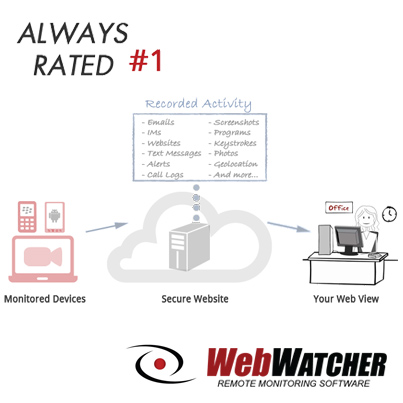Every parent wants to protect their child from bullying, and today’s parents know that they have a new front to worry about. Bullying isn’t confined to the lunchroom or playground at school anymore – the internet has brought cyberbullying to anywhere your child happens to be, even their own home. Unfortunately, parents don’t always have all the facts that they need about cyberbullying to help keep their children safe. Take a look at some statistics that can help you better understand the cyberbullying phenomenon so that you can better protect your child.
Cyberbullying Is On The Rise

Despite frequent discussion of the problem of cyberbullying and various attempts to address the problem, cyberbullying is on the rise. According to a 2014 study, 87% of teens report either witnessing cyberbullying or being cyberbullied themselves. That means that there’s a good chance that cyberbullying will affect your teen in some way. Don’t hold off talking to your teen about cyberbullying – you want to have a conversation about it before it affects them if possible.
Teens Need More Guidance
It’s easy to defer to your teen when it comes to digital devices and the internet. The chances are that your teen seems more comfortable using their devices and navigating social media than you are – after all, their generation grew up with these things.
But that doesn’t mean that your teen knows how to handle cyberbullying when it happens. 24% of teens report that they wouldn’t know what to do if they found themselves being harassed or bullied online. Some teens report that victims of cyberbullying delete their social media accounts while others become defensive. Teens need to know how to report harassment and bullying, block harassers, and protect themselves online.
What Happens Online Doesn’t Stay Online

Don’t make the mistake of thinking that what happens online doesn’t affect “real” life. For one thing, the interactions that teens have online are very real. This is a primary method of communication for today’s teens.
For another thing, online conflicts have a way of affecting offline life as well. About half of teens surveyed reported having arguments offline that stemmed from an online comment, and a few reported a physical fight over an online interaction. Cyberbullying can lead to real world altercations, so teens still need to know how to handle confrontation in person, as well as learning how to avoid conflict online.
Parental Involvement Can Affect Online Behavior
Teens actively search out social sites that their parents don’t use, with YouTube and Instagram being among the most popular. And even though most teens think that their parents trust them to use good behavior online, many still report that they would behave differently online if they knew that their parent was monitoring their activities.
That means that by stepping in, watching what your children are doing online, and monitoring their internet use, you could prevent your child from engaging in bullying or unsafe behavior that might lead to being bullied.
Parental monitoring software can help you find out what sites your child is using and keep an eye on their online activities with ease. To find out more about how parental monitoring software can help you protect your child, get our free trial.





